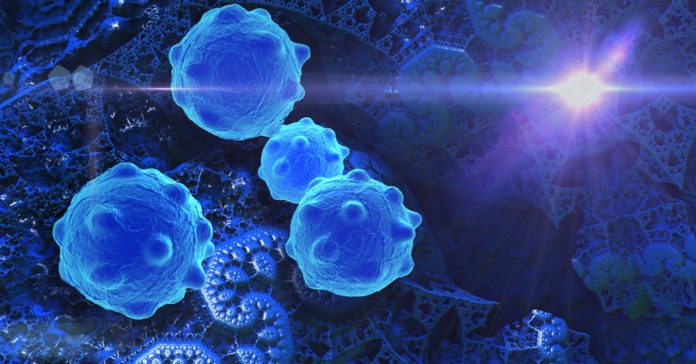Double Target Approach to Corner Colon Cancer
The third major cause of cancer morbidity and mortality, colorectal cancer although, could be surgically removed as a curative treatment, later stages of the disease require more targeted techniques such as therapies that block the MAPK signaling pathway that promotes colon cancer progression.
“However, targeting MAPK signaling has limited effects and usually prolongs patient survival by only a few months. We therefore urgently need radical improvements in targeted therapy for patients with colorectal cancer,” says Professor David Horst of the Charité University Hospital in Berlin, Germany.
Therefore, now in this direction, German scientists have put forward their suggestion of combination therapy that targets two different cell types at once and might be highly effective in treating the cancer.
Two pathways have long held the interest of researchers studying colon cancer: Notch and MAPK. The research team in the current study from the Ludwig-Maximilians-Universität (LMU) in Munich, analyzed over 300 patient trials and found that colon cancer are constructed of two distinct forms of cells that could replace each other when a person has been killed off.
Cells at the center of colon tumors had occupied Notch signaling but decreased MAPK signaling, and therefore are
highly proliferative, the investigators stated. On the other hand, cells in the tumor border had active MAPK signaling but very low Notch activity and appeared to be in the initial stages of metastasis.Both of these cell types might also be viewed from the tumors formed from human colon cancer cells injected into mice. The tumours quickly dropped their MAPK-active cells once the researchers treated these animal models with an MAPK pathway inhibitor selumetinib, but the amount of NOTCH-active cells improved in order that there was minimum disturbance to the tumours’ total development. And, following stopping selumetinib therapy, a few of those NOTCH-active cells gave rise to fresh MAPK-active cells in the tumor border.
In contrast, treatment with the NOTCH pathway inhibitor dibenzazepine removed NOTCH-active cells but the populations of MAPK-active cells enlarged and gave rise to fresh NOTCH-active cells after dibenzazepine therapy was ceased.
“This suggests that colon cancers may evade targeted treatment against MAPK or NOTCH signaling by a reversible shift in the predominating pathway activity,” says Horst. “However, when combining both therapies to target both cell populations, we found strong repressive effects on tumor cell proliferation and increased cell death, resulting in slower tumor growth and prolonged survival times compared to either treatment alone.”
“Our data support a new concept for cancer therapy that advocates specific and simultaneous targeting of several different tumor cell subpopulations to strongly improve therapy response,” Horst says. “Further preclinical and clinical trials may therefore reveal if combined MAPK and NOTCH inhibition, in addition to established chemotherapeutic protocols, can improve therapy response in patients with colorectal cancer.”



























